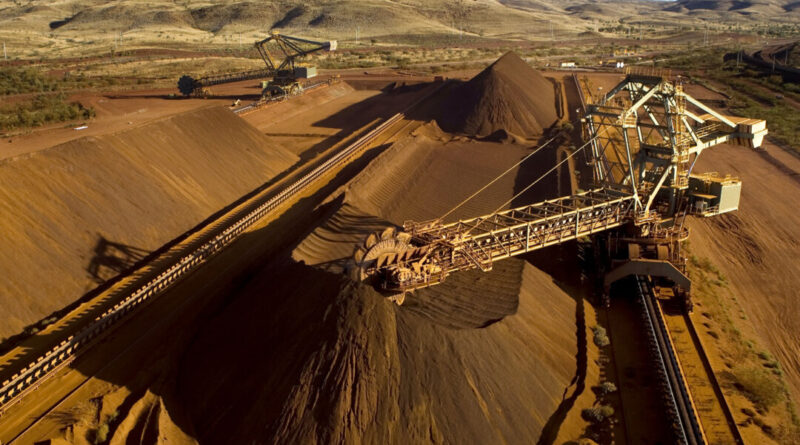WWF Warns that Australia’s Iron Ore Exports Could Pose a Threat to Green Steel Technologies
The WWF has cautioned that Australia could face significant economic repercussions if it does not tackle the issue in the near future.
A prominent international non-governmental organization has issued a warning about the incompatibility of Australia’s iron ore with green steel technologies, which could have a major impact on the country’s export revenue if not addressed promptly.
Representatives from the World Wide Fund for Nature (WWF) expressed concerns during a recent Senate inquiry hearing regarding Australia’s top export commodity not aligning with current low carbon emission technologies available in the market.
“The iron ore we possess is not well-suited for the green steel technologies currently available, and this issue needs urgent attention,” stated WWF Australia’s Industry Decarbonisation Manager, Nicole Wyche.
She emphasized that the iron ore and steel industry is facing pressure to decarbonize due to the Carbon Border Adjustment Mechanism (CBAM) introduced by the EU in 2023.
“Since the implementation of the CBAM, Asian steel manufacturers have been actively exploring ways to reduce emissions as they recognize the impending financial consequences in the coming years,” Wyche explained.
The CBAM acts as a carbon tariff on certain carbon-intensive products imported into the EU, including steel, cement, aluminum, fertilizers, electricity, and hydrogen.
Importers must purchase CBAM certificates for the carbon emissions embedded in imported products unless they can demonstrate that a carbon price was already paid during production.
According to PwC economists, CBAM significantly impacts the global supply chain by encouraging EU importers to partner with manufacturers focused on reducing carbon emissions.
The policy will come into effect in 2026 after a transition phase from 2023 to 2025.
€45.7 billion worth of iron and steel products were imported by EU nations from non-member countries in 2023, making the EU one of the largest markets for steel products.
WA Lacks Focus on Carbon Emission Reduction
Furthermore, Wyche highlighted that certain states like Western Australia (WA) lack interim emission reduction targets and renewable energy goals, leading to investor uncertainty in the iron ore and steel sector.
“This uncertainty is causing potential investors to lose confidence and contemplate moving their investments elsewhere,” she stated.
She emphasized the need for concrete actions within the next three years to demonstrate Australia’s commitment to developing low-emission strategies.
The WWF manager also emphasized the potential cost implications if the WA government fails to address carbon emission reduction targets.
“The WA government estimates the economic impact of disregarding this issue at approximately $310 billion (US$208) in GDP reduction, a loss of around $170 billion in Commonwealth taxation revenue, and over 34,000 job losses in the Pilbara region,” she warned.
“This is a significant impact that requires careful planning and will take time. Initiating action as soon as possible is crucial.”



